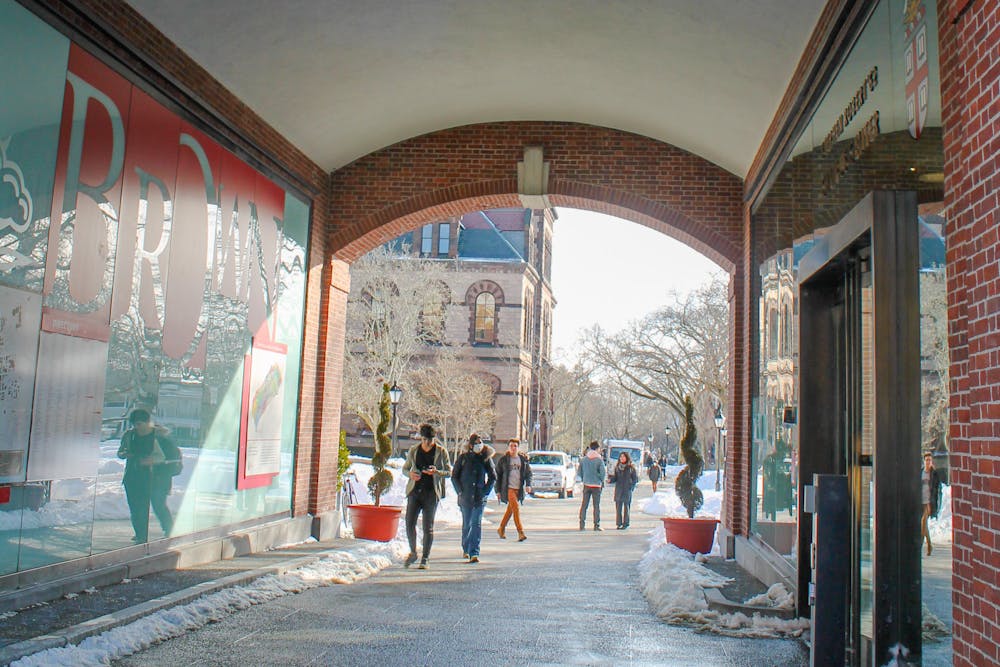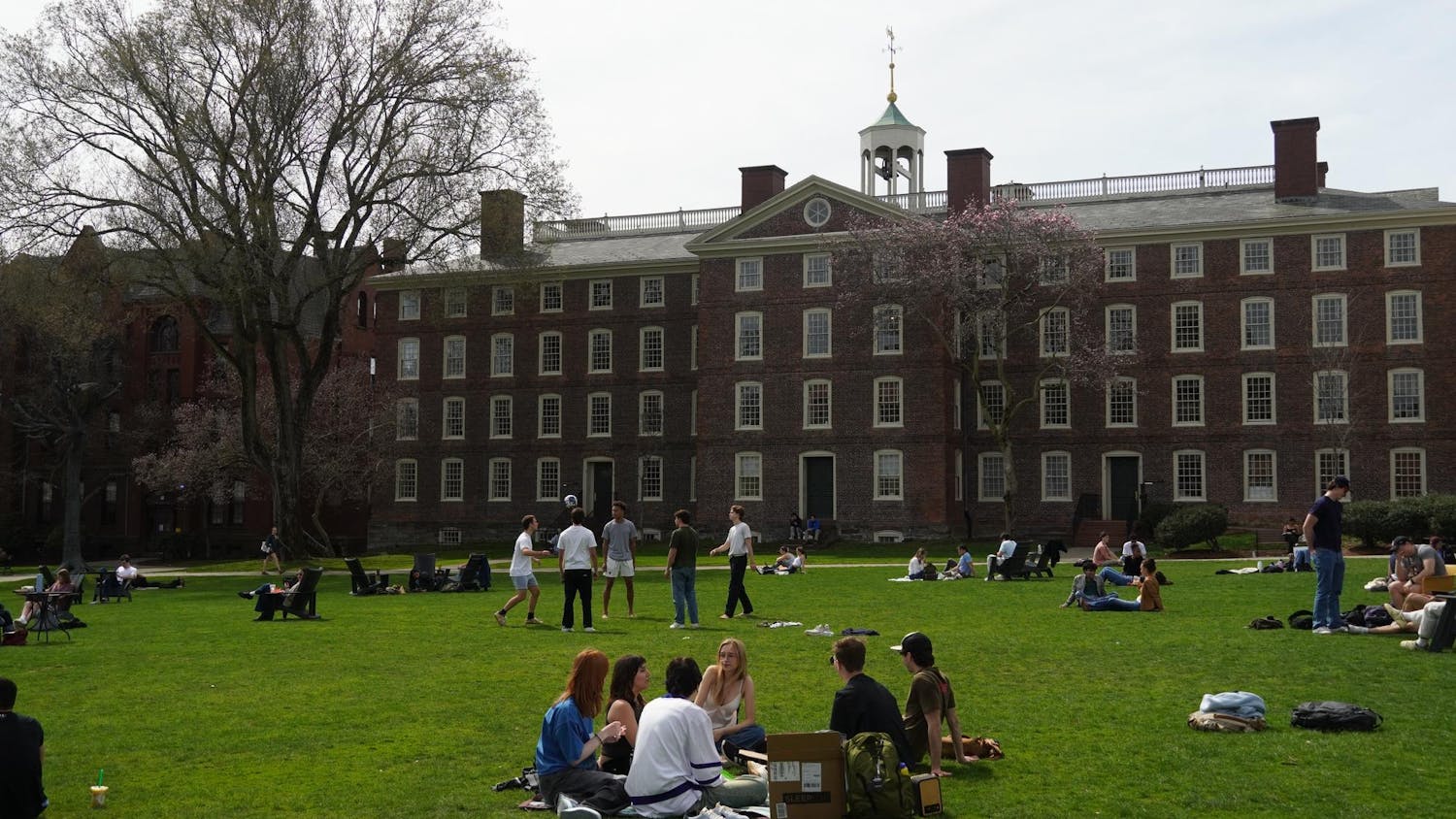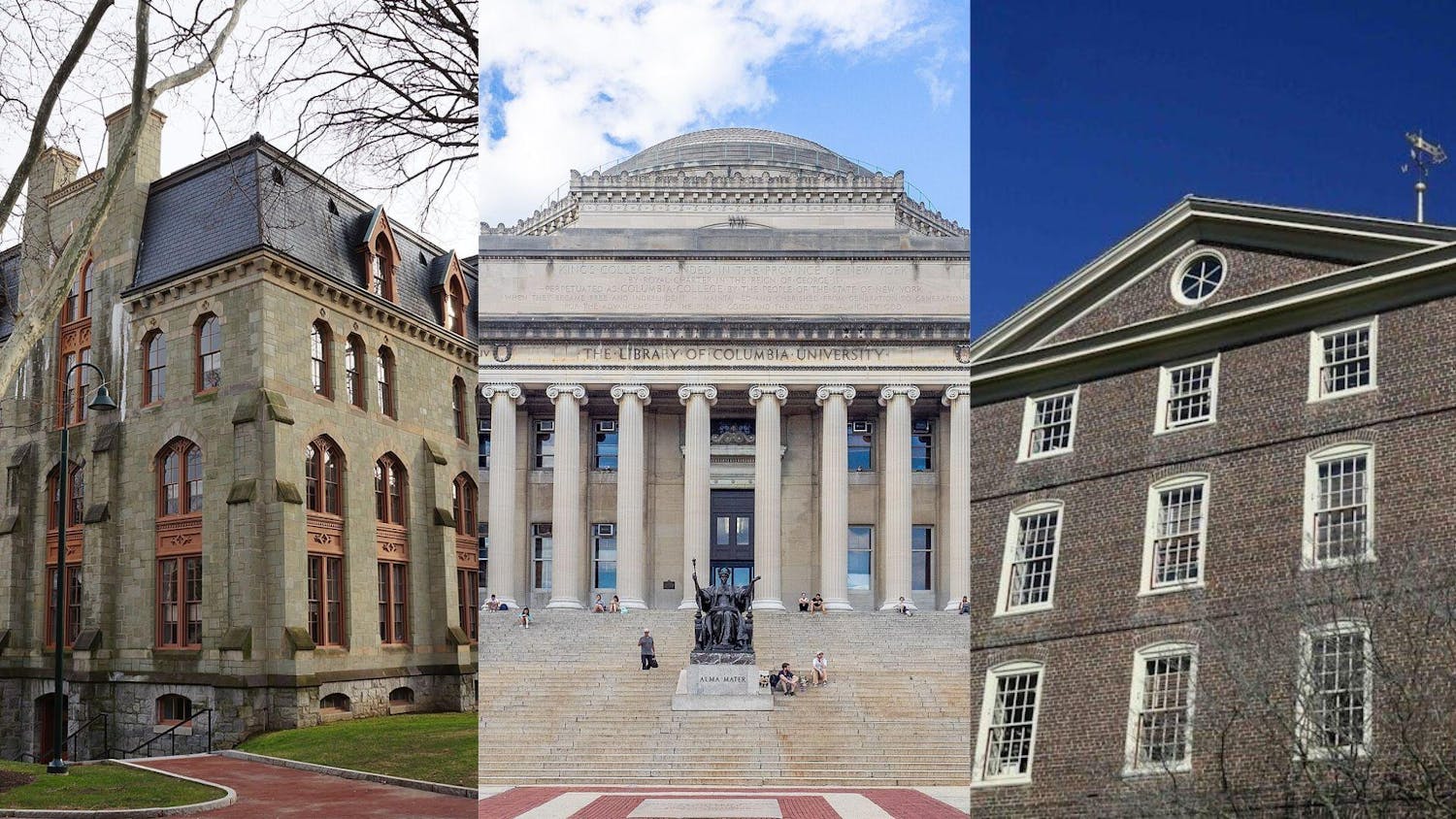The Undergraduate Council of Students announced in a Jan. 22 email to the Brown community that the number of student group categories, which determines the amount of funding allocated for each group, will be reduced from three to two. The change will increase funding opportunities for new student groups.
Prior to the change, student groups were separated into categories one, two and three, with higher level groups receiving more opportunities for funding. The new category two will have the same funding access as the previous category three; the new category one will have the same as the previous category two.
Under the old system, category one groups received $100 in baseline funding per semester while category two and three groups received $300. Cultural or religious groups received $600. Only category three groups were eligible to apply for supplemental funding.
After the change goes into effect, all student groups will receive $300 in baseline funding, with cultural or religious groups still receiving $600. Category two groups can still apply for supplemental funding.
The biggest change of the recategorization is that category one groups are now eligible for more than $100 in funding, Undergraduate Finance Board Chair Akilesh Raman ’22 told The Herald.
“Now (these groups will) also be category one,” Raman said, “but under this new category one scenario, they can receive $300 or $600 of funding.”
“The crux of the matter is (that) not a single group … loses money,” he added. “Not a single group’s funding access is reduced.”
Ricky Zhong ’23, current UCS Student Activities Committee chair, said that there are three main reasons for the change. The previous category one baseline funding was not enough, he said, since some club registration fees are already more than $100; UFB funding, which every student contributes to through the Student Activities Fee, should be more accessible for student groups, and COVID-19 has given rise to a “substantial UFB surplus.”
“We have a surplus that has existed for quite some time,” Raman said. “I think this is an excellent way to … use that in a way that all groups can benefit.”
According to Raman, the new categorization also makes it much “faster for a group to go from category one to category two and to be eligible for supplemental funding.”
Previously, it took two and one-half years for a category one group to move to category three and apply for additional funding, according to the Jan. 22 UCS email. With the change, category one groups can get to “the highest level of funding in one and a half years,” said Zhong.
For some student group leaders, this reduction in time will give them an opportunity to better realize their goals.
Zoe Fuad ’23.5, co-president of Students for Educational Equity, said she and her co-president were “really in favor” of the new categorization. Faud, who is also UCS Chair of Academic Affairs, explained that due to the length of time required to apply for additional funding before the categorization change, SEE was not eligible to move to category three until this spring. Fuad noted that she has “only a year and a half left to really be able to fully utilize the resources that Brown has to offer” for SEE.
“If a first-year applied to start a club at Brown, they would only be eligible for supplemental funding … junior spring,” said Raman.
Fuad believes that the change will “(make) things a little bit more sustainable” for student groups. Under the previous categorization, some student organizations, especially “advocacy and social groups,” dissolved before moving to the top category, she said. The recategorization could help new student groups “stay afloat and really have the time or capacity to transition … after (they) debut,” Fuad said.
Still, new student groups are not automatically eligible to apply for the highest categorization because UCS wants to first see their commitment to their organization, said Zhong.
“If the group has been around for more than one year (and) they’re willing to go through the recategorization process, then you know that they actually care about … their mission,” he added.
“You want to make sure (the club has had) a chance to establish themselves,” Raman said “(before) being able to request any amount of money.”

Kathy Wang was the senior editor of community of The Brown Daily Herald's 134th Editorial Board. She previously covered student government and international student life as a University News editor. When she's not at The Herald, you can find her watching cooking videos or writing creative nonfiction.





